John Robbins9780735615366, 0735615365
In the predecessor volume of Debugging Applications for Microsoft .NET and Microsoft Windows, which dealt with Visual Basic 6, John Robbins broke new ground by codifying the techniques and strategies involved in debugging Microsoft Windows applications. In this tremendously revised and much longer version (in keeping with Microsoft’s substantial shift to the .NET architecture), Robbins achieves great progress in making a proper professional discipline out of debugging – and in showing how to design software to keep bugs from appearing in the first place.The greatest value of Robbins’ work is in his treatment of bugs’ origins in flawed software design and their later manifestation in faulty coding practice. He explains in great detail, for example, how to use assertions (in concert with error handling) to keep bad data from getting into software modules and causing trouble. This coverage is why your development team should read this book before getting too far down the development path.If you’re already done with your software system and just can’t make it work right (and, naturally, the Deadline of Death is looming), this book offers hope as well. Want to write a method that you invoke manually only when the program is at a breakpoint in the debugger? This book shows how. Need lots of details on how to add assembly-language code to your Visual C++ .NET software? You’ll find them here. There’s a lot of information about how debuggers do their work in general, too. To put it concisely, this book contains a career’s worth of information on how to keep bugs to a minimum and track them down when they occur. | |
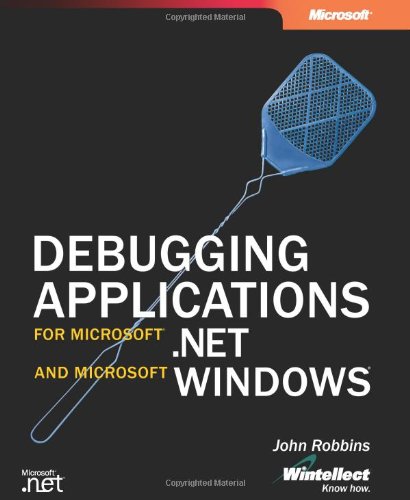
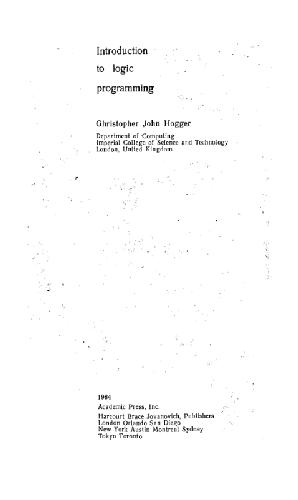

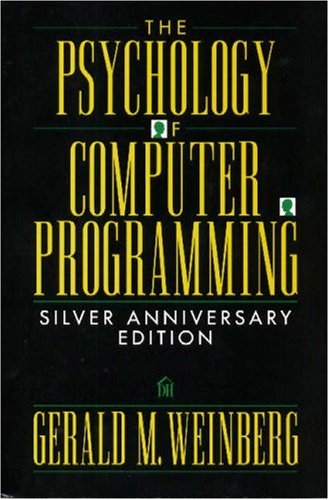
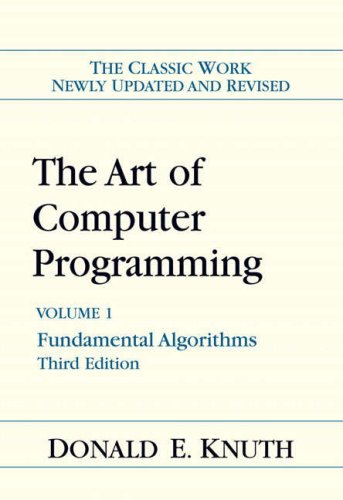
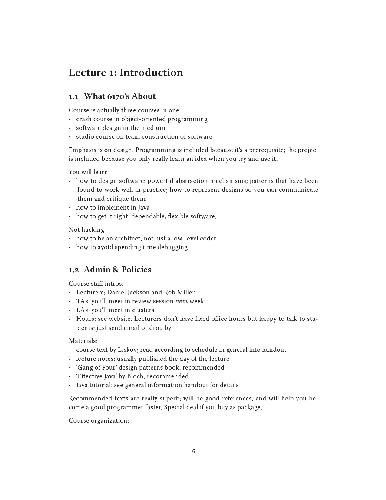
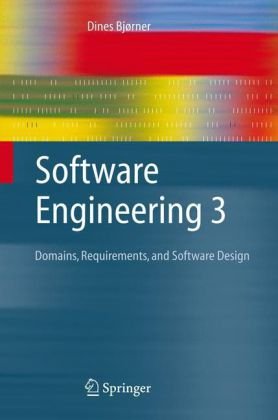
Reviews
There are no reviews yet.